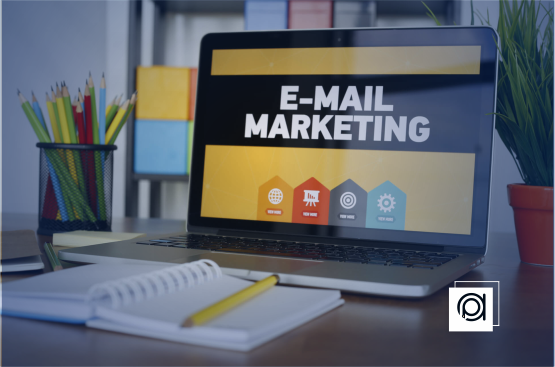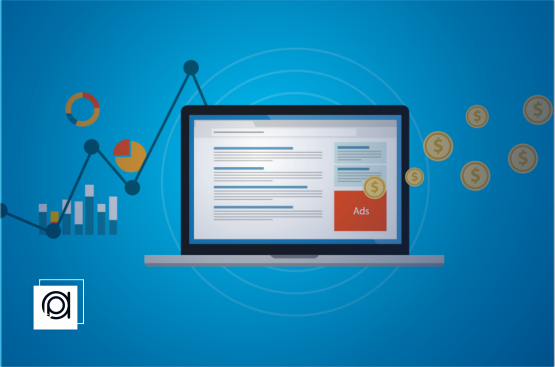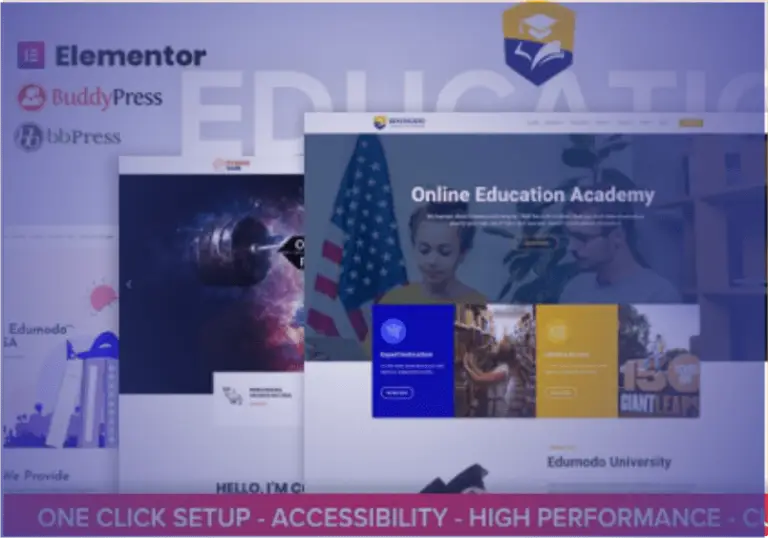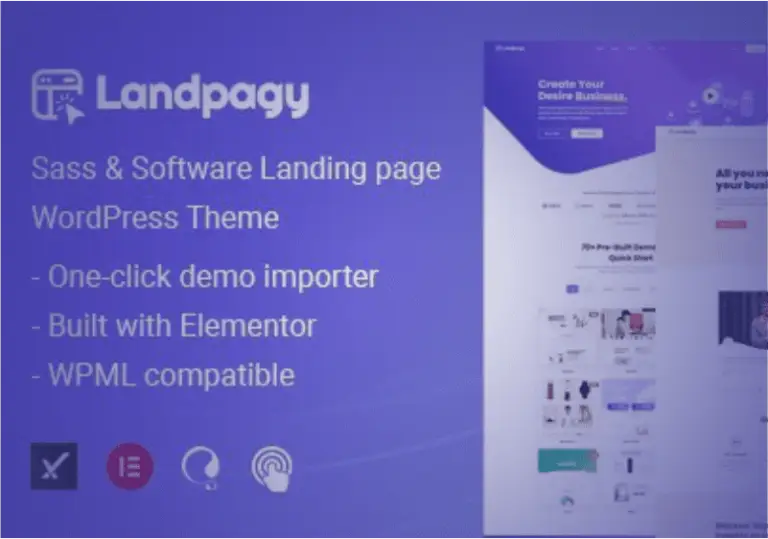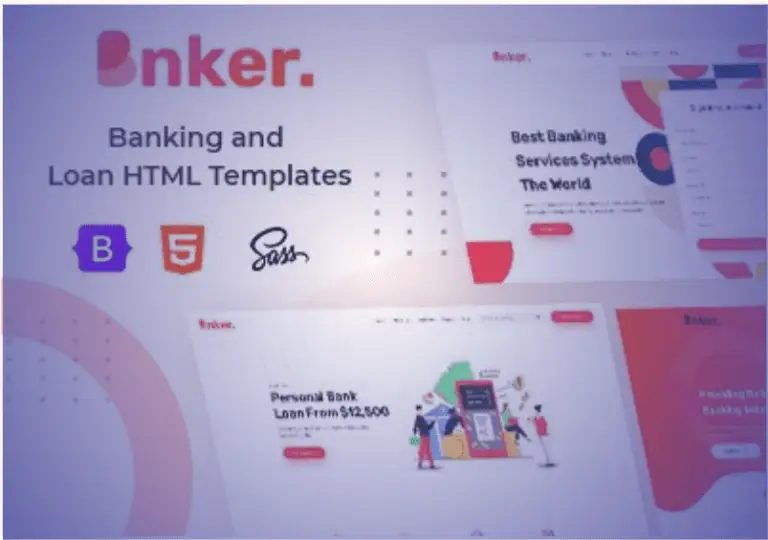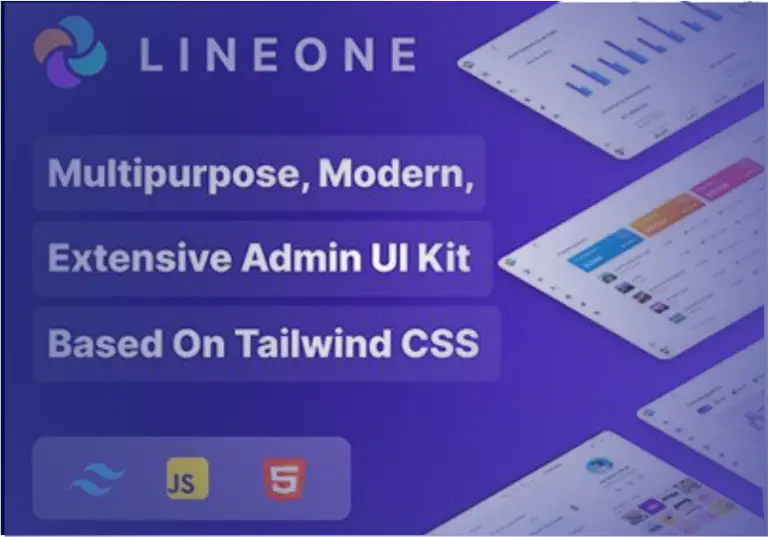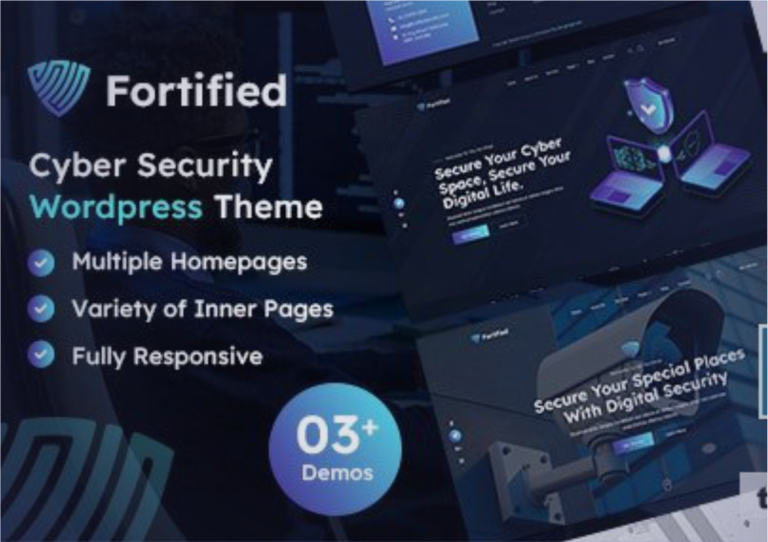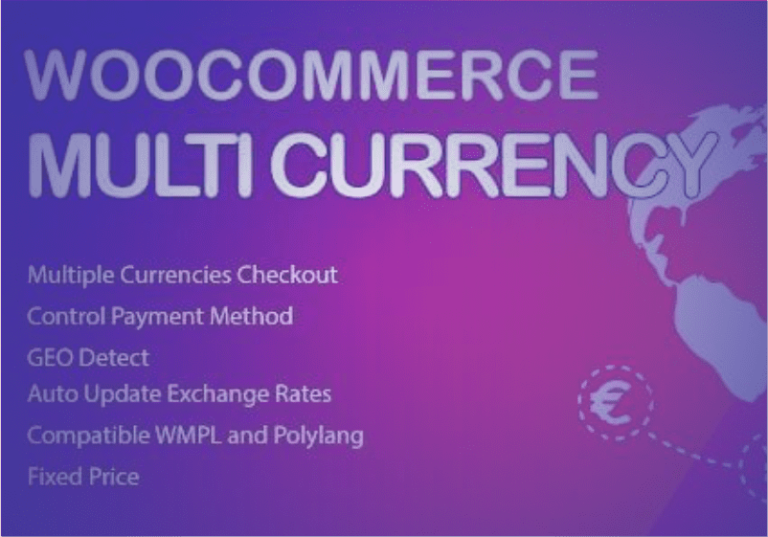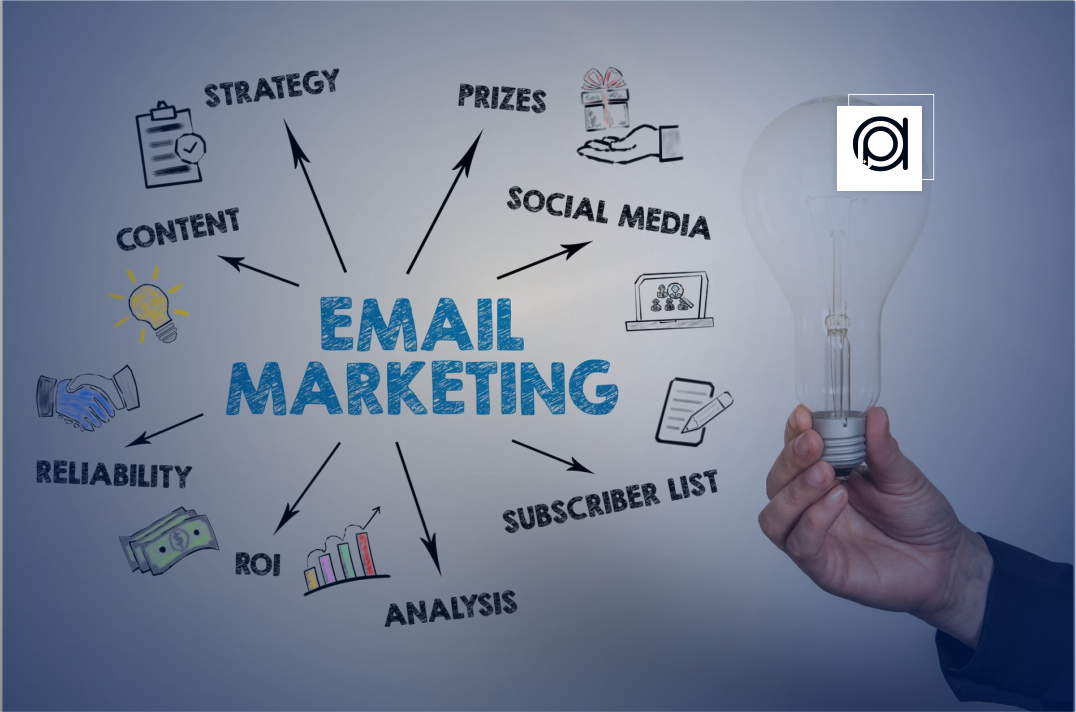Top Email Marketing Software for Small Businesses
Email marketing software refers to a set of digital tools designed to facilitate the creation, management, and analysis of email marketing campaigns. These platforms are essential for businesses and marketers looking to connect with their audience, build relationships, and promote products or services through email communication.
Key features of email marketing software typically include:
- Email Campaign Creation: Users can design and create visually appealing emails using pre-designed templates or a drag-and-drop editor. This feature enables marketers to customize content, add images, and include calls-to-action.
- Contact Management: The software allows users to manage their contact lists, segmenting subscribers based on various criteria. This segmentation helps in delivering targeted and relevant content to specific groups within the audience.
- Automation: Automation features enable marketers to set up predefined workflows and triggers. For example, businesses can create automated welcome emails, drip campaigns, or follow-up messages based on subscriber actions or specific timelines.
- Analytics and Reporting: Email marketing platforms provide insights into campaign performance. Users can track metrics such as open rates, click-through rates, conversion rates, and more. This data helps marketers understand the effectiveness of their campaigns and make informed decisions for improvement.
- Personalization: Personalization features allow marketers to tailor their messages to individual subscribers. This can include addressing recipients by their names, providing personalized product recommendations, and delivering content based on user preferences.
- Integration: Email marketing software often integrates with other tools and platforms such as customer relationship management (CRM) systems, e-commerce platforms, and social media. This integration streamlines workflows and ensures a seamless exchange of data.
- Compliance and Deliverability: Good email marketing software includes features to help users comply with anti-spam regulations. It also provides tools to improve email deliverability, ensuring that messages reach the intended recipients’ inboxes.
- A/B Testing: A/B testing, or split testing, allows marketers to experiment with different elements of their emails, such as subject lines, content, or calls-to-action. This helps in identifying the most effective strategies for engagement.
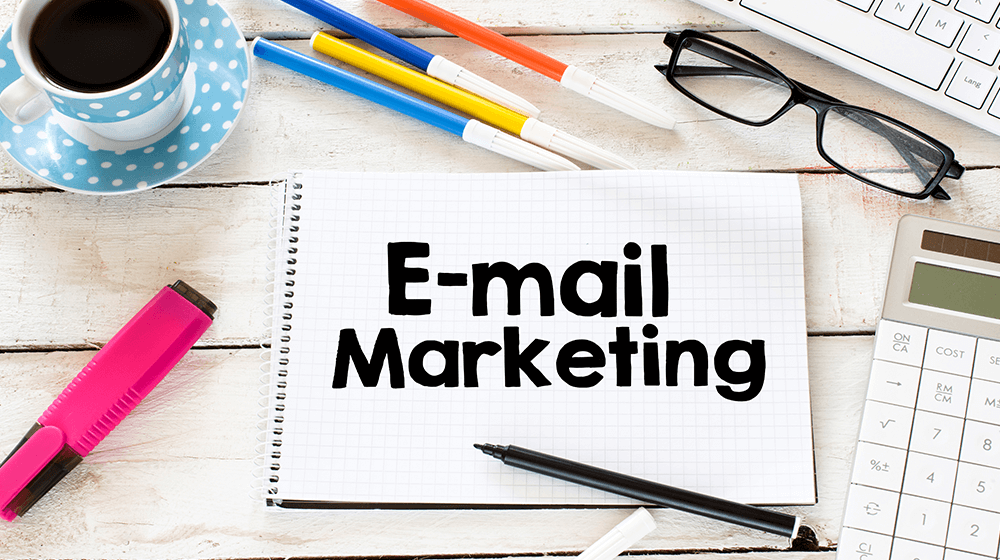
Popular email marketing software options include Mailchimp, Constant Contact, Sendinblue, and many others. The choice of software depends on the specific needs and preferences of the business, considering factors like budget, scale, ease of use, and the desired feature set.
Email marketing software has become an integral part of digital marketing strategies, offering a cost-effective and efficient way to communicate with and nurture leads and customers. In the digital era, email marketing has become an indispensable tool for small businesses aiming to reach and engage their target audience effectively.
With a plethora of email marketing software options available, choosing the right one for your small business can be a daunting task. This article explores the best email marketing software tailored for small businesses, helping you make an informed decision to boost your marketing efforts.
The Importance of Email Marketing for Small Businesses
Before diving into the software options, it’s crucial to recognize why email marketing is a game-changer for small businesses. Email marketing offers a cost-effective way to communicate with customers, build brand awareness, and drive sales. It enables businesses to personalize their messages, track performance, and establish long-lasting relationships with their audience.
Criteria for Selecting the Best Email Marketing Software
When evaluating email marketing software for small businesses, certain criteria should guide your decision-making process. Key considerations include ease of use, pricing, automation features, customization options, analytics and reporting capabilities, and integration with other tools. Keeping these factors in mind will help you identify the software that aligns with your business goals.

Top Email Marketing Software for Small Businesses
A. Mailchimp
Mailchimp is a popular choice for small businesses due to its user-friendly interface and robust features. It offers a free plan for businesses with a limited subscriber base, making it an ideal starting point.
Features Include:
-
- Drag-and-drop email builder.
- Automation workflows for drip campaigns
- A/B testing for optimizing email campaigns.
- Analytics and reporting tools.
Pricing:
Mailchimp’s pricing is scalable, with a free plan for up to 500 subscribers. Paid plans start at a reasonable rate, offering additional features and increased subscriber limits.
B. Constant Contact
Constant Contact is known for its simplicity and powerful email marketing tools. It caters to small businesses, providing a variety of templates and customizable options.
Features Include:
-
- Email automation for personalized customer journeys.
- E-commerce integration for online businesses.
- Social media posting and tracking.
- Real-time tracking and reporting.
Pricing:
Constant Contact offers a free trial, and pricing is based on the number of subscribers. Plans are competitively priced, and discounts are available for prepaid accounts.
C. Sendinblue
Sendinblue is an all-in-one marketing platform that includes email marketing, SMS marketing, and more. It is particularly known for its affordability and comprehensive features.
Features Include:
-
- Drag-and-drop email editor.
- Marketing automation with workflow customization.
- Transactional emails for e-commerce businesses.
- Advanced analytics and reporting.
Pricing:
Sendinblue offers a free plan with limitations. Paid plans are affordable and scalable, making it suitable for growing small businesses.

Tips for Maximizing Email Marketing Success
Regardless of the software you choose, certain practices can enhance the effectiveness of your email marketing campaigns:
Build a Targeted Email List: Focus on quality over quantity when building your subscriber list. Targeted and engaged subscribers are more likely to convert.
Personalize Your Emails: Use personalization features to tailor your emails to individual subscribers. Personalized messages resonate better with your audience.
Implement Automation Wisely: Leverage automation features to streamline your marketing efforts. Set up drip campaigns, welcome emails, and abandoned cart reminders to save time and boost efficiency.
Mobile Optimization: Ensure your emails are mobile-friendly, as a significant portion of users accesses their emails on mobile devices. Responsive designs enhance the user experience.
Monitor and Analyze Performance: Regularly track the performance of your email campaigns. Pay attention to open rates, click-through rates, and other key metrics to refine your strategy.
Conclusion
Choosing the right email marketing software is a crucial step for small businesses looking to make the most of their digital marketing efforts. By considering factors such as ease of use, pricing, and features, and exploring options like Mailchimp, Constant Contact, and Sendinblue, you can find the perfect solution tailored to your business needs. With effective email marketing, small businesses can cultivate strong customer relationships, increase brand awareness, and drive growth in the competitive digital landscape.

